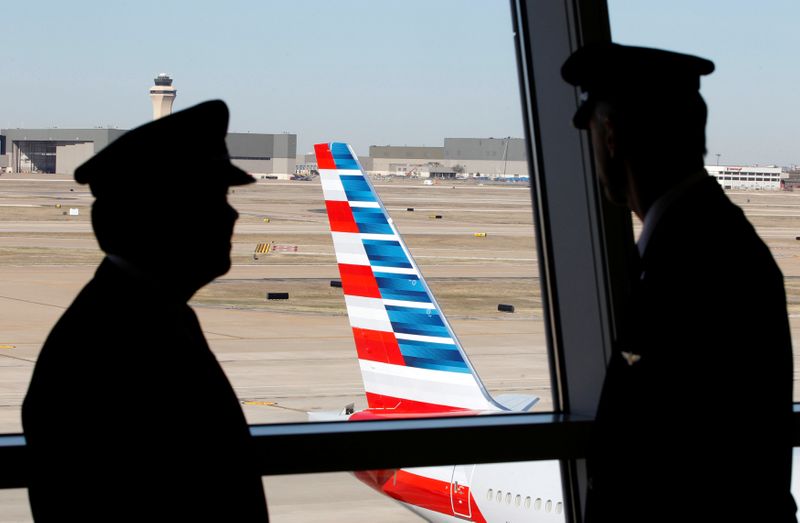By Jamie Freed
SYDNEY (Reuters) - Airline passengers want visible plastic barriers in the cabin to reinstill confidence in flying during the pandemic, saying they do not all trust industry assurances about high air quality onboard, aviation industry executives said on Thursday.
Other pandemic-related trends could include more private business class seating on narrowbody planes, adding touchless lavatory features and permanent conversions of passenger planes to freighters, according to a panel at the MRO Asia-Pacific conference held online.
Embraer SA (SA:EMBR3) is studying reusable and disposable plastic barriers for its regional jets, but challenges include making sure they are lightweight, not flammable and do not affect aircraft cleaning and evacuation, said Lais Port Antunes, a business development manager in the planemaker's Asia-Pacific division.
"Modern aircraft are already equipped with excellent technology to filter the air," she said. "The passengers should feel safe in an aircraft cabin, but they need to see actions."
Tan Hean Seng, a senior executive at Singapore Technologies Engineering Ltd (SI:STEG), said airline customers, fearing cost increases, did not seem interested putting fewer seats in economy class. But, he added, the airline still needed to reassure them about risk.
"Having a shield between the seats, the passengers may feel safer, especially during mealtimes when passengers take off masks and there is potential contamination," Tan said, adding his company had developed a prototype.
In business class, airlines are already expressing more interest in lie-flat seating options as they look to use narrowbody planes on longer routes, Boeing Co (N:BA) Vice President of Specialty Products and Services Kate Schaefer said.

"There is an awful lot of interest in those premium passengers in having a pod-type solution," she said. "There is going to be a lot of interest in pods, doors and staggered seating."